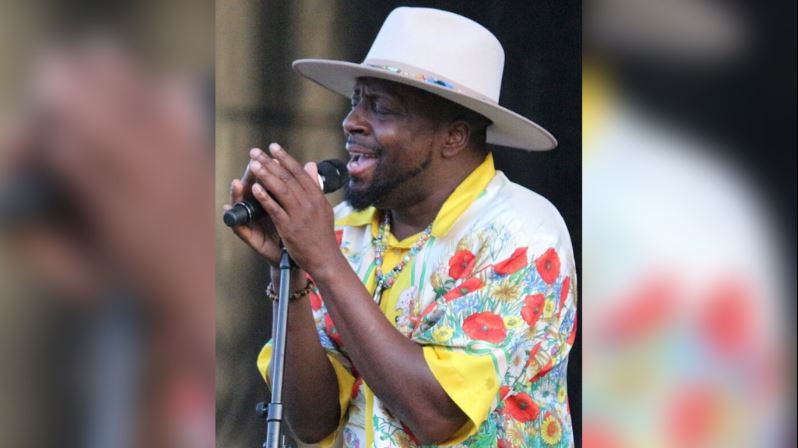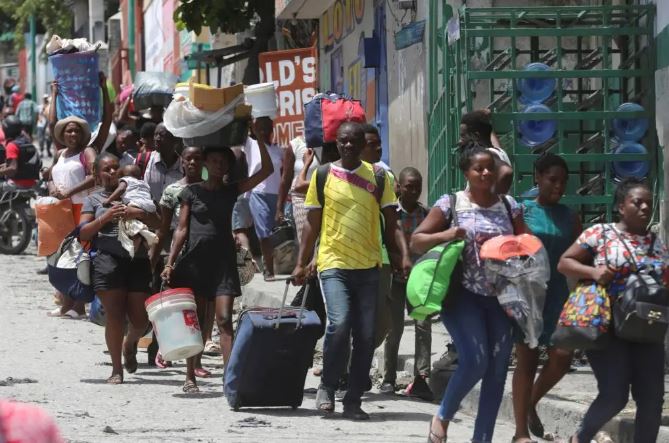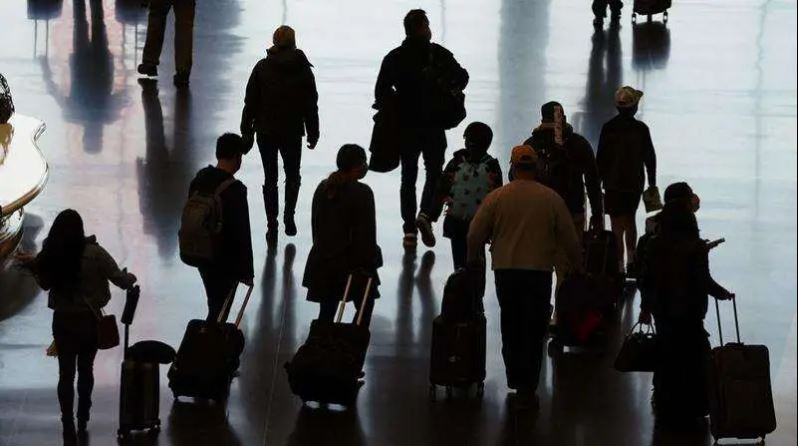PANAMA CITY, April 11 2015 – President Barack Obama held a private meeting with Cuban leader Raúl Castro Saturday, ending more than half a century of U.S. diplomatic attempts to isolate Cuba and cast it as a pariah state.
“This is obviously an historic meeting,” Obama said as the two men sat beside one another in identical wooden armchairs in a small room at a convention center here.
Obama said that more than five decades of U.S. policy on Cuba had failed to bring change to the communist island, and, “It was time for us to try something new” even as both nations deal with “deep and significant differences.”
He declared it’s time “to turn the page and develop a new relationship between our two countries.”
A handful of aides were in the room with the two leaders, and a press pool observed part of the meeting. The two leaders shook hands at least twice.
“We are willing to discuss everything, but we need to be patient, very patient,” Castro said through an interpreter for the pool. “We might disagree on something today on which we could agree tomorrow.”
The rapprochement will surely be remembered as one of Obama’s most significant foreign policy moves in a presidency that began in 2009. He announced intentions to re-establish diplomatic relations with Cuba last Dec. 17, and the pace of bilateral contacts has quickened markedly, even in the last three days.
Obama’s diplomatic effort has met with resistance, and Saturday’s meeting drew sharp criticism from some sectors, including Republican presidential candidate Jeb Bush, who noted that Obama refused to meet with Israeli leader Benjamin Netanyahu early last month in Washington.
Bush tweeted: “Obama meets with Castro but refused to meet w/ @netanyahu. Why legitimise a cruel dictator of a repressive regime?”
The meeting came on the sidelines of the two-day Summit of the Americas, which drew leaders from nearly all the hemisphere’s 35 countries and brought about a topsy-turvy scene in which leaders from nations supportive of Venezuela lashed the United States and offered a litany of grievances while Castro offered a spirited defense of Obama.
Castro accused the United States of a tarnished history in the hemisphere but absolved Obama of any responsibility.
“In my opinion, President Obama is an honest man,” Castro said. “I admire him and his life and think his behavior has a lot to do with his humble background.”
At one point in his 50-minute speech, Castro paused after passionately recounting his version of U.S. actions to isolate and besiege his country.
“I apologise to him because President Obama had no responsibility for this. There were 10 presidents before him and all of them owe some kind of debt except for President Obama,” Castro said.
Some fellow presidents clapped loudly at Castro’s defense of Obama.
“Believe me, I have given a great deal of thought to those words. I had written them down. I removed them. But there, I said it. I am pleased that I have said this about President Obama.”
During much of Castro’s speech, Obama sat silently chewing gum, an earpiece in his right ear offering translation.
The two leaders had spoken on the telephone last Wednesday, the White House said, their second conversation since last December when the two announced their intention to re-establish diplomatic relations severed in 1961. Secretary of State John Kerry and his Cuban counterpart, Bruno Rodriguez, held a lengthy meeting in Panama City Thursday night.
At the summit’s inauguration Friday night, Obama and Castro clasped hands briefly as U.N. Secretary General Ban Ki-moon looked on in evident satisfaction.
Speaking at a morning session Saturday, Obama said the U.S. government had opened a new era of engagement with Latin America, dealing with the countries as “equal partners.”
“The United States will not be imprisoned by the past. We’re looking to the future,” he said, emphasising his administration’s desire to open “a new relationship with Cuba.”
Turning to Ecuadorean President Rafael Correa, who had earlier attempted to school Obama on how U.S. forefather Thomas Jefferson “owned hundreds of slaves,” Obama said, “I always enjoy the history lessons I receive when I am here.”
“I’m certainly mindful that there are dark chapters in our history,” he said. “America never makes a claim about being perfect.”
Obama warned his counterparts that “talking about past grievances” and blaming the United States for their own domestic problems “is not going to bring progress. That’s not going to solve the problems of children who can’t read, or don’t have enough to eat.”
Making a reference to the Ecuadorean leader’s harsh treatment of the news media, including using the courts to stifle critical voices, Obama said, “We think the idea of not jailing people if they disagree with you is the right idea.
“Perhaps President Correa has more confidence than I do in distinguishing between bad press and good press,” Obama said. “I think if we believe in democracy, everyone has the chance to speak out and offer their opinions.”
Castro said the United States and Cuba both played a role in the violence that once-wracked Latin America.
“Who sitting here does not remember that very recent stage of dictatorships everywhere on our continent?” Castro asked. “Successive (U.S.) interventions ousted democratic governments, and in 20 countries installed terrible dictators.”
Growing impassioned as he described what he said was the presence in Panama City of a former CIA agent, Felix Rodriguez, who also was present when revolutionary Che Guevara was executed in Bolivia in 1967, Castro paused for a moment.
“I am very emotional when I talk about the revolution,” Castro said.
He acknowledged that Cuba had its own past, noting that then-President Ronald Reagan put Cuba on a U.S. list of state sponsors of terrorism in 1982.
“Yes, we have conducted solidarity with other people that could be considered terrorism,” Castro said. “When we were cornered, when we were harassed, we had no other choice – either to give up or to fight back.”
Castro called on the region to help Obama overturn the U.S. embargo of Cuba.
“One thing is to establish diplomatic relations. But the blockade is a different thing,” Castro said, using the preferred Cuban term for the embargo.
In private meetings on the sidelines of the summit, several leaders praised Obama for attempting reconciliation with Cuba.
“I want to congratulate you again for your courage in taking steps to normalise relations with Cuba,” Colombian leader Juan Manuel Santos told Obama, according to a pool report, noting that it would have “very positive repercussions” for relations in the Americas.
Brazilian leader Dilma Rousseff also hailed the inclusion of Cuba in the summit and acknowledged Obama’s role in bringing the change about.
But leaders of a Venezuelan-led bloc of 11 nations took turns in flaying the United States and in criticising Obama directly.
“I respect you but I don’t trust you, President Obama,” Venezuelan President Nicolás Maduro said, adding that his diplomats would turn over a petition signed by 11 million of his countrymen urging the White House to repeal a March 9 executive order imposing sanctions on seven current and former Venezuelan officials and declaring Venezuela a national security threat to the United States.
“This decree is very dangerous,” Maduro said. “Everything that is said about them (the Venezuelan officials) is a lie. It’s false.”
While Maduro spoke, opponents near the convention center banged on empty metal pots in a traditional Latin American protest signaling their hunger and opposition.
Bolivian leader Evo Morales asserted that Washington still sees Latin America “not only as its backyard but its patrimony.”



